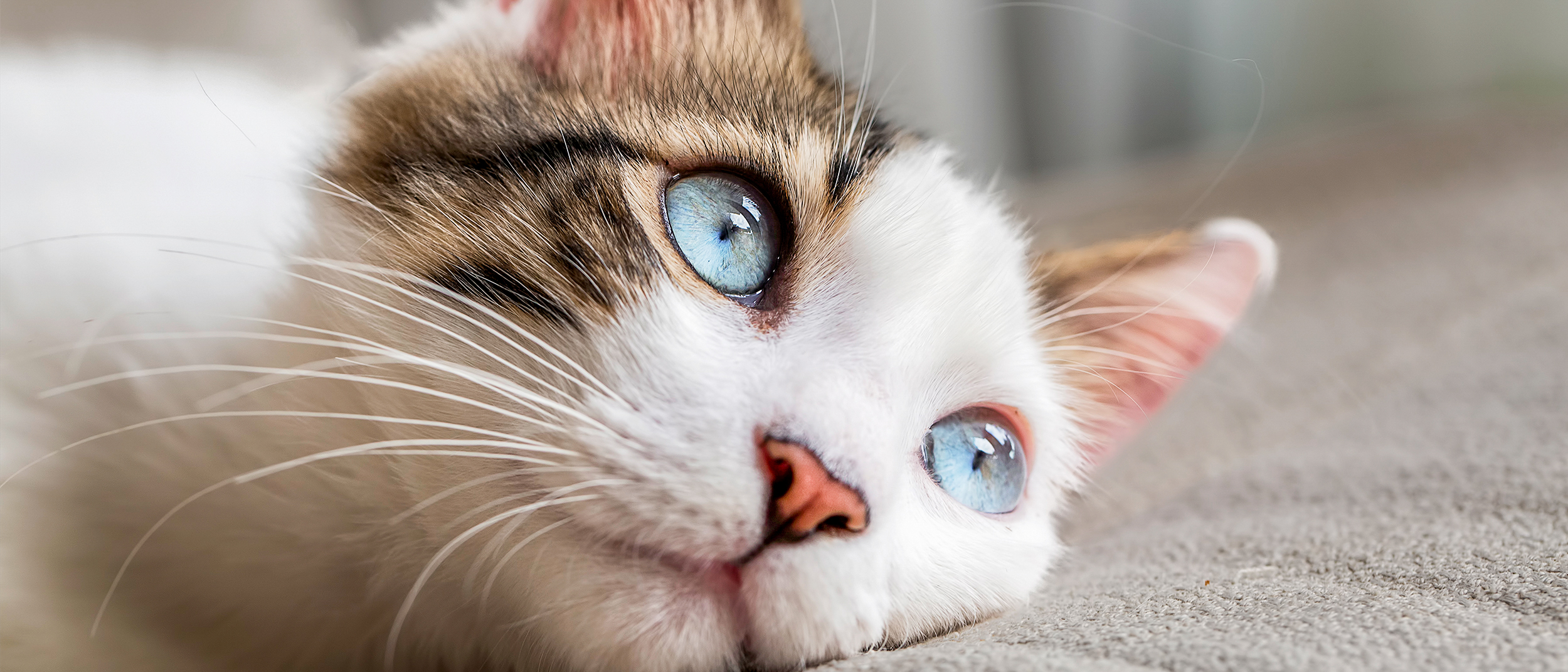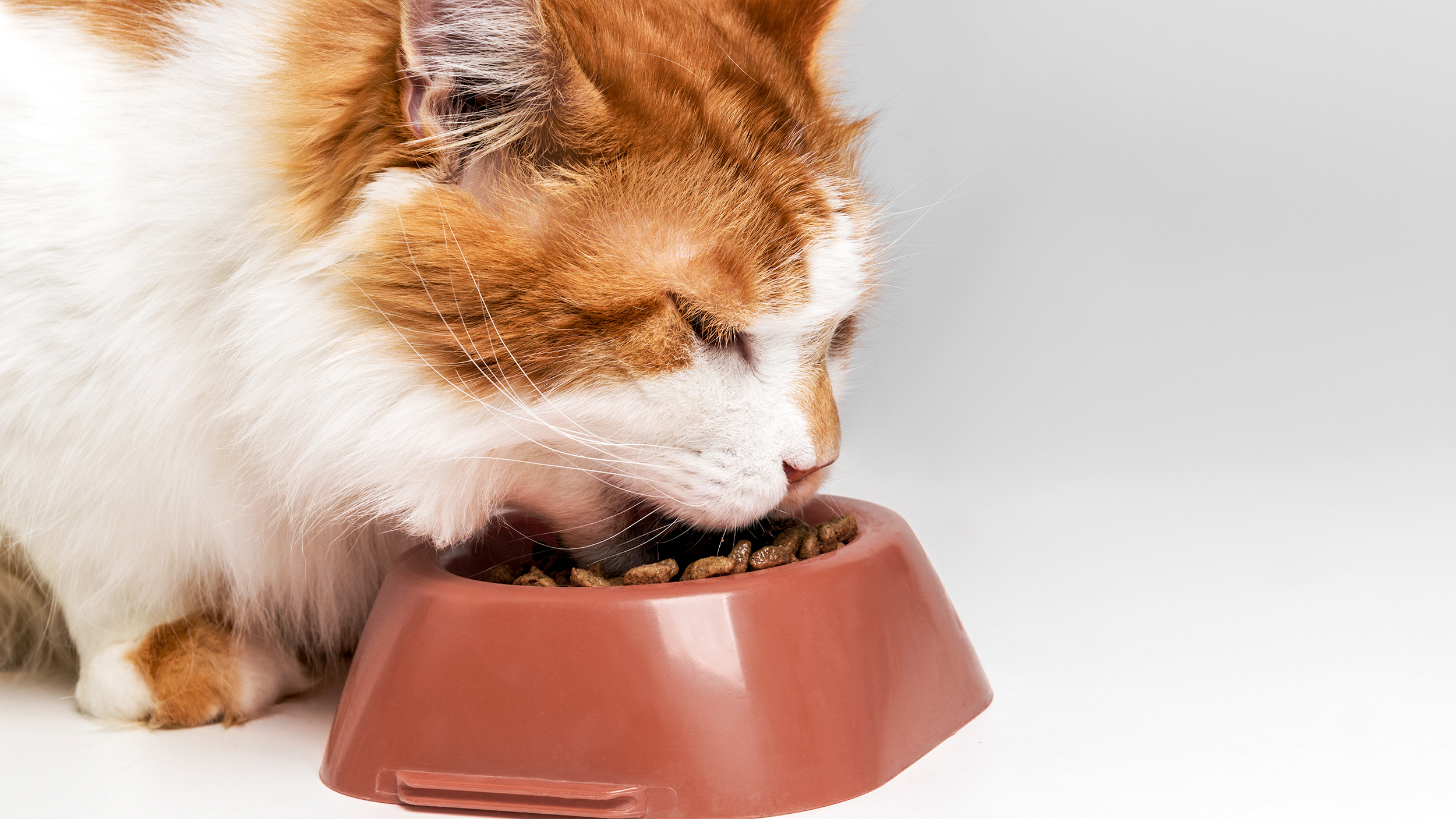Why does my cat keep getting sick?

While it’s normal for your cat to occasionally experience digestive discomfort, it shouldn’t be a regular occurrence. Through a combination of the right diet and feeding behaviors, you can help protect your cat from suffering from an upset stomach.
The signs of digestive issues in cats
If your cat has an upset stomach or another digestive issue, some of the most common signs are vomiting and diarrhea. You may also notice your cat eats less or struggles with eating.
Stomach upsets can have a variety of underlying causes, including:
- Hairballs causing blockages and vomiting
- Eating human food or table scraps
- Rapid diet transitions
- Systemic conditions like hyperthyroidism or kidney disease
- Ingesting toxic food or material
- Parasites that infect, not infest

Preventing an upset stomach in your cat with their diet
One of the simplest ways to help protect your cat against digestive issues and upset stomachs is to feed them a complete, nutritionally balanced food. If your cat has particular digestive sensitivities your veterinarian may recommend a specific food with nutrients to support digestive health.
These diets contain highly digestible protein sources which are easy for your cat’s body to digest and absorb digest. Your veterinarian may recommend a diet that is energy-dense, which means your cat can eat smaller portions to get the necessary nutrients and calories from their food.
A food designed to improve the gastrointestinal health of your cat may also include prebiotics. These encourage the growth of "beneficial" bacteria in your cat’s digestive tract.
Feeding your cat to prevent an upset stomach
In addition to selecting a diet to help promote your cat's digestive health, also follow these guidelines on how to feed your cat.
Avoid any sudden changes in their diet, as this can cause stomach problems. Transition your cat to a new food over a week to 10 days, mixing their old and new food together, and gradually increasing the percentage of new food each day.
You can also divide their daily ration of food into several small meals you feed them throughout the day. This helps prevent an upset stomach by alleviating the workload a large meal causes on their digestive system. Leave your cat in peace when they are eating; if they’re disturbed, they might become stressed and this can result in an upset stomach.
It’s also very important to not give your cat leftovers or scraps. These can encourage an upset stomach, or may even harm them. Chocolate, raw eggs and liver can all have damaging effects on your cat’s body.
If you’re concerned about your cat’s digestive health and want to know more about the best ways you can support them, seek advice from your veterinarian.
Find a vet
Like & share this page